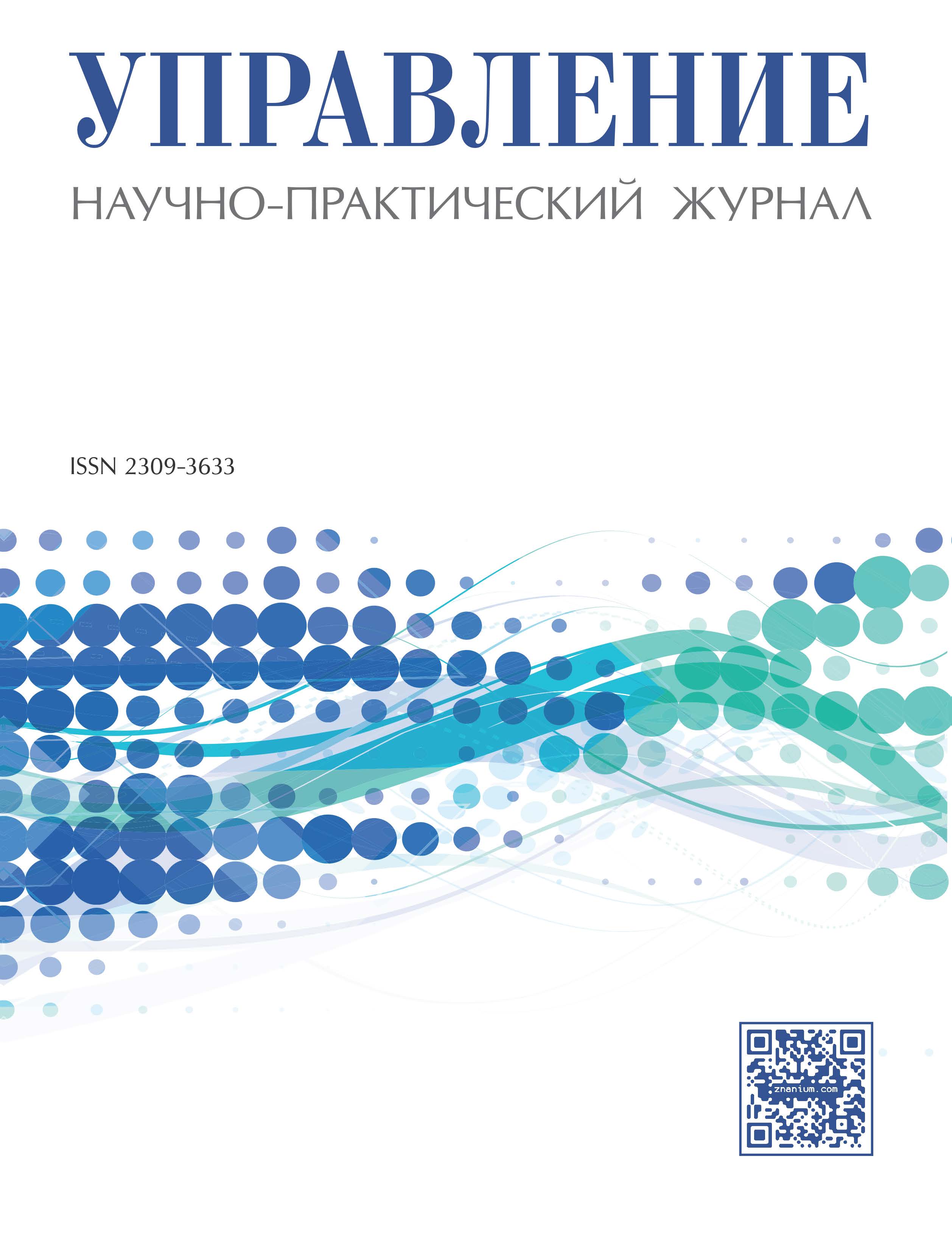Moskva, Moscow, Russian Federation
Moskva, Moscow, Russian Federation
Another crisis requires mobilization of all knowledge, including experience of the mistakes. The crisis of 2008 is the actual guidance for minimizing crisis consequences. Of course, the reasons for the current and the previous crisis are fundamentally different, and are mostly regional rather than global, by nature. But the consequences for both are the same – fall of living standards, the collapse of the banking system, reduction of economic diversification. That is why it becomes so important for government to make both a rational and effective anti-crisis plan. The global financial crisis of 2008, which is under our consideration, originated in the United States as a result of the mortgage crisis. The phenomenon was spreading rapidly in the rest of the world. In particular, Russia immediately took a number of measures to reduce the negative effects in the first months. Subsequently, all the activities have merged into a single set of measures called “Anti-crisis program of the Russian Federation” (2009) and “The main directions of anti-crisis measures of the Russian Federation for 2010”. Programs had both positive and negative effects on the economic recovery. However, in total, they have helped Russia to overcome the crisis stage without catastrophic losses, which was even noted by the World Bank. The experience of some foreign countries is also subject to review because of their effectiveness and difference from the Russian one. It also complements the picture of the anti-crisis measures and makes it more solid and global. Tracing the history of the 2008 crisis, we can conclude that the state, fighting the crisis phenomena, was concerned with statistical indicators only, without regard for the lives of their citizens. In this scenario, the developed countries must learn to overcome the crisis with minimal state intervention, but a strong motivating effect.
anti-crisis planning, consequences minimization, anti-crisis program, state intervention, support of financial institutions.
Домохозяйство – организация особого рода. Оно выступает одновременно и объектом и субъектом управления. Предмет управления домохозяйством – его хозяйственная деятельность во всех ее формах проявления.
1. Faynshmidt E.A. Antikrizisnoe upravlenie [Crisis management]. Moscow, 2012. p. 15.
2. Akademik [Academician]. Available at: http://dic.academic. ru/ (accessed 15 February 2017).
3. Analitiki: Na dostizhenie dokrizisnogo urovnya mirovoy ekonomike potrebuetsya tri-chetyre goda [Analysts: In the achievement of pre-crisis level the global economy will require from three to four years]. Available at: http://news. finance.ua/ru/news/-/193802/analitiki-na-dostizheniedokrizisnogo- urovnya-mirovoj-ekonomike-potrebuetsyatri- chetyre-goda (accessed 18 October 2016).
4. Antikrizisnye programmy Pravitel’stva RF. Dos’e [The anticrisis program of the Russian Government. Dossier]. Available at: http://tass.ru/info/1728442 (accessed 23 September 2016).
5. Doklad ob ekonomike Rossii [The report on the Russian economy]. Available at: http://siteresources.worldbank.org (accessed 18 October 2016).
6. Kommentariy Vladimira Potapova, Rukovoditelya biznesa portfel’nyh investitsiy VTB Kapital Upravlenie Investitsiyami, gazete Kommersant [Comments Vladimir Potapov, Head of VTB’s business portfolio investments Capital Investment Management, to Kommersant newspaper]. Available at: http://www.vtbcapital.ru/corporate-communications/ press-about-us/2012-february/663636/ (accessed 14 February 2017).
7. Kommercheskie banki, u kotoryh otozvany licenzii s 2001 po 2016 gg. [Commercial banks whose licenses revoked between 2001 and 2016]. Available at: http://combanks.ru/bankibez- licenzii/2009 (accessed 20 September 2016).
8. Kreditnyj krizis: osnovnye prichiny i antikrizisnye mery [Credit crisis: root causes and the anti-crisis measures]. Available at: http://www.rcb.ru/ol/2008-01/16489/ (accessed 3 October 2016).
9. Mirovoj finansovyj krizis 2008 goda i posledstvija dlja Rossii [The global financial crisis of 2008 and the implications for Russia]. Available at: https://ria.ru/spravka/20130816/956672411.html (accessed 20 September 2016).
10. Mirovoj finansovyj krizis ne zatronul Kitaj [The global financial crisis has not affected China]. Available at: http:// www.rbc.ru/economics/26/10/2008/5703cfd39a79473dc8 149fc0 (accessed 20 September 2016).
11. Mirovye antikrizisnye mery v Rossii i SShA [Global anti-crisis measures in Russia and the USA]. Available at: http:// timesnet.ru/magazine/12/3832/ (accessed 3 October 2016).
12. Osnovnye napravlenija antikrizisnyh dejstvij pravitel’stva RF na 2010 god [The main directions of anti-crisis actions of the Russian government in 2010]. Available at: http://www. kp.ru/daily/24421.01/591682/ (accessed 19 February 2017).
13. Programma antikrizisnyh mer Pravitel’stva Rossijskoj Federacii na 2009 god [The program of anti-crisis measures of the Russian Federation for 2009]. Available at: http://www.aif. ru/money/business/11892 (accessed 11 February 2017).
14. Putin predstavil v Gosdume otchet o rabote pravitel’stva za 2009 god [Putin submitted to the State Duma a report on the government’s work in 2009]. Available at: http://www. newsru.com/finance/20apr2010/putin_duma.html (accessed 2 November 2016).
15. Recessija umerla, antikrizis ostalsja [Recession died, anticrisis stayed]. Available at: http://www.interfax.ru/ business/133396 (accessed 20 September 2016).
16. RF neploho vygljadit v G8, esli ne schitat’ infljaciju [RF looks good in the G8, not counting inflation]. Available at: http:// www.newizv.ru/economics/2010-05-24/126862-rfneploho- vygljadit-v-g8-esli-ne-schitat-infljaciju.html (accessed 15 February 2017).
17. Uroki istorii: chemu nauchil ipotechnyj krizis v SShA [The lessons of history: what has taught us the US mortgage crisis]. Available at: http://bankdirect.pro/dengi/mir/uroki-istoriichemu- nauchil-ipotechnyy-krizis-v-ssha-639730.html (accessed 11 February 2017).
18. American Recovery and Reinvestment Act of 2009. Available at: https://www.gpo.gov/fdsys/pkg/PLAW-111publ5/pdf/ PLAW-111publ5.pdf (accessed 2 November 2016).
19. Bailouts: $7 trillion and rising. Available at:http://money. cnn.com/2008/11/26/news/economy/where_bailout_ stands/index.htm?postversion=2008112813 (accessed 2 November 2016).
20. Bush signs stimulus bill; rebate checks expected in May. Available at:http://edition.cnn.com/2008/POLITICS/02/13/ bush.stimulus/ (accessed 2 November 2016).
21. Estimated Impact of the American Recovery and Reinvestment Act on Employment and Economic Output from October 2011 Through December. Available at: http:// www.cbo.gov/sites/default/files/cbofiles/attachments/02- 22-ARRA.pdf (accessed 2 November 2016).
22. Europeans cut interest rates sharply to fight crisis. Available at: http://www.reuters.com/article/us-financialidUSTRE4AL2C720081204 (accessed 2 November 2016).
23. Grandars. Available at: http://www.grandars.ru/ (accessed 15 February 2017).
24. World Bank Open Data. Available at: http://data.worldbank.org/indicator/NY.GDP.MKTP.CD?locations=1W (accessed 17 February 2017).







